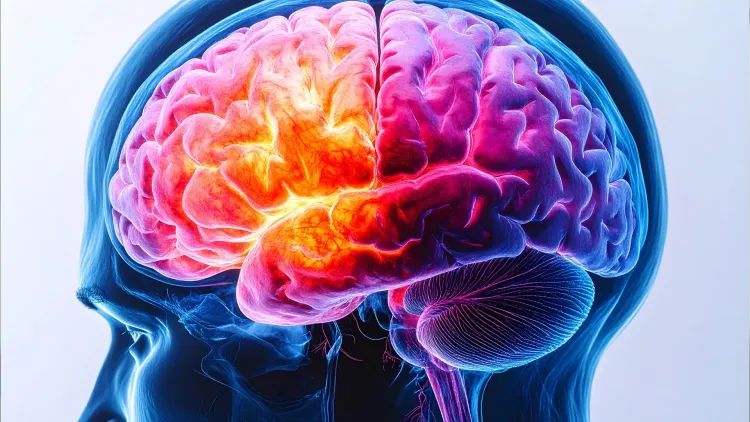Are Autistic Individuals at Greater Risk for Parkinson's Disease?

Synopsis
Key Takeaways
- Individuals with autism may be at increased risk for early-onset Parkinson's disease.
- The study found a fourfold higher likelihood of developing Parkinson's among autistic individuals.
- Shared biological mechanisms, possibly involving dopamine, are suspected.
- Long-term monitoring of individuals with ASD is essential.
- Continued research is crucial to clarify these findings.
New Delhi, May 29 (NationPress) Individuals diagnosed with autism may face an increased risk of developing Parkinson's disease at a younger age, as revealed by a comprehensive study highlighting shared biological mechanisms between these conditions.
Researchers from the Karolinska Institutet explored the potential link between the neuropsychiatric condition known as autism spectrum disorder (ASD), which influences how a person thinks, behaves, and interacts socially, and the onset of early Parkinson's disease—a disorder impacting mobility and movement.
Findings published in JAMA Neurology indicate that those with an autism diagnosis are four times more likely to experience Parkinson's disease compared to individuals without such a diagnosis.
This association persisted even when accounting for socioeconomic status, genetic factors related to mental health or Parkinson's disease, and other variables, according to the researchers, who speculate on the involvement of dopamine.
"This suggests that there may be common biological factors driving both ASD and Parkinson's disease," stated Weiyao Yin, a researcher at the Department of Medical Epidemiology and Biostatistics at Karolinska Institutet.
"One theory posits that the brain's dopamine system may be compromised in both conditions, as dopamine plays a crucial role in social behavior and movement regulation," Yin added.
This investigation utilized registry data from over two million individuals born in Sweden between 1974 and 1999, monitoring them from age 20 until the end of 2022.
It is well-established that neurons producing dopamine deteriorate in Parkinson's disease.
Earlier studies have suggested that dopamine may also be involved in autism; however, further research is needed to validate this.
"We aspire for our findings to eventually shed light on the fundamental causes of both ASD and Parkinson's disease," Yin remarked.
Emphasizing the need for additional research, the scientists called on healthcare providers to monitor individuals with ASD—a vulnerable population prone to co-morbidities and extensive use of psychotropic medications—over the long term.








